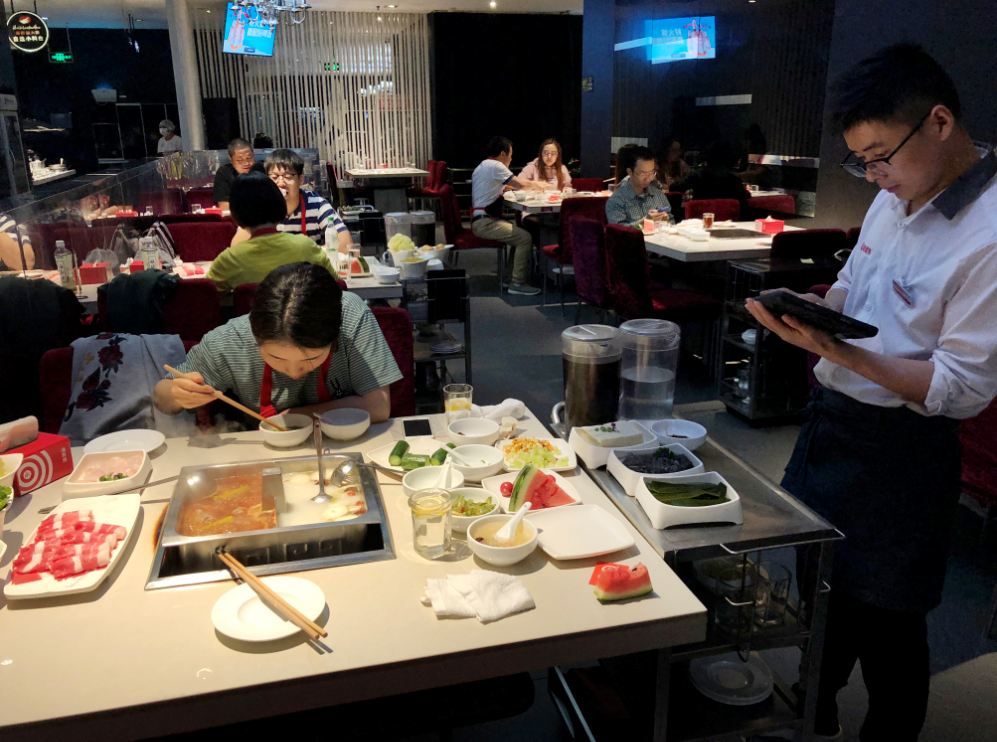Private sector needs to focus more on innovation in talent retention, services, Deloitte says


Chinese private enterprises are facing imbalances in their innovative development, with most of their focus on innovation of products but little on innovation of talent management, services, ways of financing and other aspects, a newly published whitepaper said.
According to Deloitte China Whitepaper on China Best Managed Companies, released in Shenzhen on Thursday, 58.5 percent of Chinese private enterprises are putting their main focus on innovating key technologies.
However, only 30.2 percent are trying to find ways to innovate their talent management models. Merely 15.1 percent are making innovations in the services they provide or in the ways they finance themselves.
"Innovative development among Chinese private enterprises is imbalanced," Zhao Jian, lead partner of Best Managed Companies Program at Deloitte, said.
"This is where the gap lies between Chinese private enterprises and those successful transnational enterprises."
They are also facing difficulties in attracting and retaining high-end talent. According to the whitepaper, 35.3 percent of the private enterprises are not providing competitive wages. About 20 percent don't have a sound performance appraisal system or a strong corporate culture to retain talent.
To better understand and analyze overall management and operational status of Chinese private enterprises, Deloitte China, together with Bank of Singapore, the Business School of Hong Kong University of Science and Technology, Harvard Business Review China and the Federation of Shenzhen Commerce, launched the Best Managed Companies program in August.
The program unveiled 23 Best Managed Companies in China on Thursday based on the strategy, capability and commitment and financial strength of Chinese private companies. Beijing and Shenzhen outperformed other cities, with six and five winners from the two cities, respectively.
The winners include home appliance company Skyworth Group Co Ltd, medical manufacturer Shenzhen Mindray Bio-Medical Electronics Co Ltd and hotpot chain Haidilao International Holding Ltd.
"Generally, private companies in China have focused more on business than management and pursued rapid business growth rather than sustainability," William Chou, vice-chair of Deloitte China and leader of Deloitte Private, said.
"When a company grows big enough, it should take into full account sustainable profitability and growth as well as its social responsibilities," he said.
Private enterprises have become the major force of Chinese economy. Private economy has contributed more than 50 percent of the country's revenue and over 60 percent of its gross domestic product, fixed-asset investment and foreign direct investment. More than 80 percent of urban jobs and 90 percent of new jobs are created by private enterprises.




































